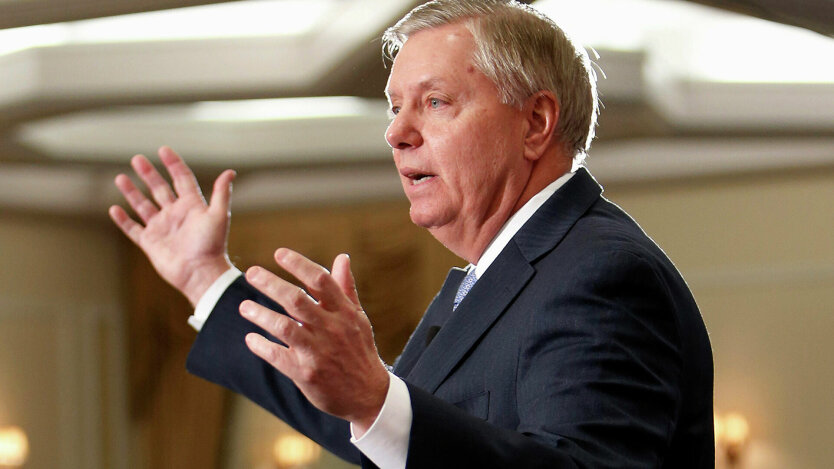Trump's Tariffs and the Dollar's Decline: What is Happening with the American Currency.
07.04.2025
2838

Journalist
Shostal Oleksandr
07.04.2025
2838

The tariff policy of President Donald Trump has led to a decrease in the value of the US dollar. This reflects investors' concerns about a recession, particularly in the US, and suggests that the country's policies are making America more risky in the long term, Axios reports. After the presidential election, the dollar strengthened as investors were optimistic due to expectations of deregulation, tax cuts, and economic growth. However, after the inauguration, the dollar's value began to fall. Prior to Trump's announcement, investors believed that the new tariff policy would improve the dollar's condition, WSJ reports. 'They had a reason. The idea that tariffs make the dollar more valuable has been part of economic theory for 100 years,' Axios quotes Joseph Gagnon, a senior fellow at the Peterson Institute specializing in exchange rates and monetary policy. A study by the International Monetary Fund covering 151 countries showed that the decline in the dollar's value still pertains to the short-term perspective. The rules of supply and demand also apply to currency, explained economist Paul Krugman. The aim of tariffs is to reduce demand for imports, which results in fewer dollars available for trading on the currency market. Reduced supply leads to price increases, but this only happens when demand is stable. However, the impact of tariffs changes the picture. Markets are spooked by the risk of recession, causing the dollar to begin weakening. An overall economic downturn leads to a decrease in the dollar's value as the demand for money decreases. The dollar weakens more than other currencies because investors believe that the US economy is more threatened by tariff policies compared to other major countries. 'When US growth is negative, while growth in other countries is positive, the dollar, on average, weakens,' states Goldman Sachs' report for 2024. 'The negative consequences of US tariffs for the domestic economy leave the dollar vulnerable,' writes ING's global head of markets, Chris Turner. Alan Cole, a senior economist at the Federal Tax Policy Center of the Tax Foundation, notes that if people lose trust in the US as a place for investment, it may be linked to the tariff policy or the country's economic condition, he told Axios.
Read also
- Not just 'Wanted': Ukrainians have clarified all statuses from TCC in the 'Reserve+' app
- Zelensky announced synchronization of sanctions with the West and decisions on international conventions
- Ukrainian men will need another document to leave Ukraine: what has changed
- Without this, pensions will not be credited: thousands of elderly people face a problem
- Almost 1000 hryvnias to pension: additional payments for a special category of elderly people introduced in Ukraine
- It's Time: Graham Claims Trump Gave the Green Light for Harsh Sanctions Against Russia and Its Allies










